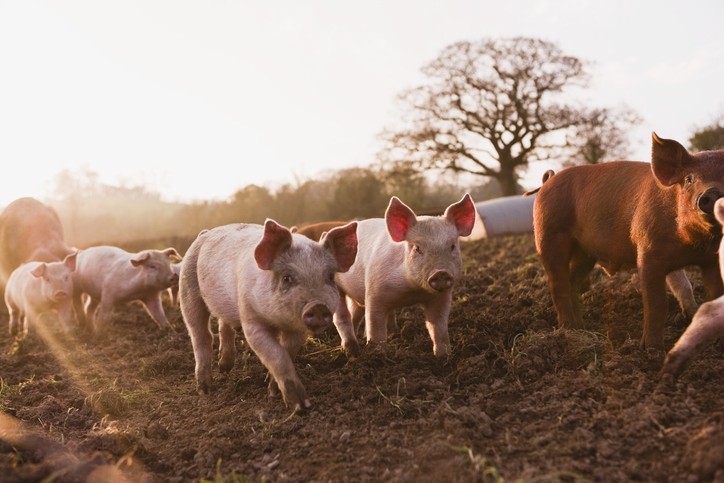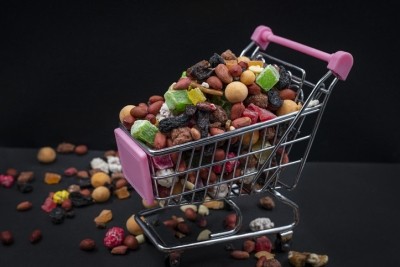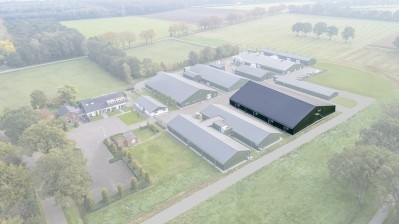UK supermarket launches app to track animal welfare on farm

The supermarket chain hopes the app will help it lead further improvements to animal welfare standards across the UK.
Developed by animal behavioral scientists at Scotland’s Rural College (SRUC) and licensed by Waitrose for trial and development for two years, the application is designed to help field teams better understand, recognize and record emotionally expressive behavior that - in part - contributes to an animal’s quality of life.
The project forms one part of Waitrose’s new ten-year agriculture strategy, which - among other ambitions - sets out to give animals good and enriching lives, pay farmers fairly, ensure all raw materials are responsibly sourced and significantly reduce greenhouse gas emissions from all UK farms and fisheries.
Although the app itself is designed to be practical and easy to use on farm, the retailer said it is underpinned by rigorous scientific research, which its creator, Professor Francoise Wemelsfelder from SRUC, calls Qualitative Behavioral Assessment (QBA), a method that allows animal welfare inspectors to record different expressive qualities of behavior through the app, such as being relaxed, tense, playful or anxious - behaviors that are indicative of an animal’s emotional body language and possible signs of their general well-being.
The developer said this will help field teams assessing Waitrose farms to develop their skills and help them describe and quantify the different expressions they observe when looking at their animals. In turn, this will help them better understand the mood the animals are experiencing while interacting with each other and their environment.
How the app works:
- There are currently six versions for different species: dairy cows, veal calves, pigs, laying hens, chickens and ducks. Others will follow.
- Farmers and producers from each of these supply chains have been working together to come up with common terms for describing emotions of individual species.
- Animals are observed and given a score on the individual terms that have been created for that specific species.
- Each term has a negative to positive sliding scale that allows assessors to capture the state of the animal they are observing.
- When they have finished scoring, assessors submit the data, which is integrated into data from other farms. It is that larger pattern that is used to assess quality of life.
Emotional wellbeing for animals
Professor Wemelsfelder said: “Good physical health is vital for good welfare but there is clear consensus among the scientific animal welfare community that factors such as enjoyment, contentment and positive excitement play an equally vital role in ensuring that an animal has a good life.
“QBA not only provides a way to assess these factors, it also opens up the conversation about what positive emotional wellbeing for an animal truly looks like. Because we believe fundamentally that animals are not simply production systems to be managed. They are sentient creatures that must be cared for.
“While this remains very much in development, the fact that the app will be trialed and developed at scale with a leading supermarket chain is an incredibly significant and positive step for the industry.”
James Bailey, executive director at Waitrose, commented:
“This is a huge development for the industry as it is the first time any retailer has explored welfare measures based on the concept of an animal’s freedom to express positive emotions.
“In some countries, farm animals continue to be looked upon as food production systems that need to be managed. This is wrong and for the UK to continue its position as a leader in farming standards, it’s critical that we recognize farm animals as sentient creatures capable of experiencing a range of emotions and positive experiences. By acknowledging this, working hard to understand what those positive emotional expressions are and how they can be unlocked, we can lead the industry into a new and more confident era of farm animal welfare.”








